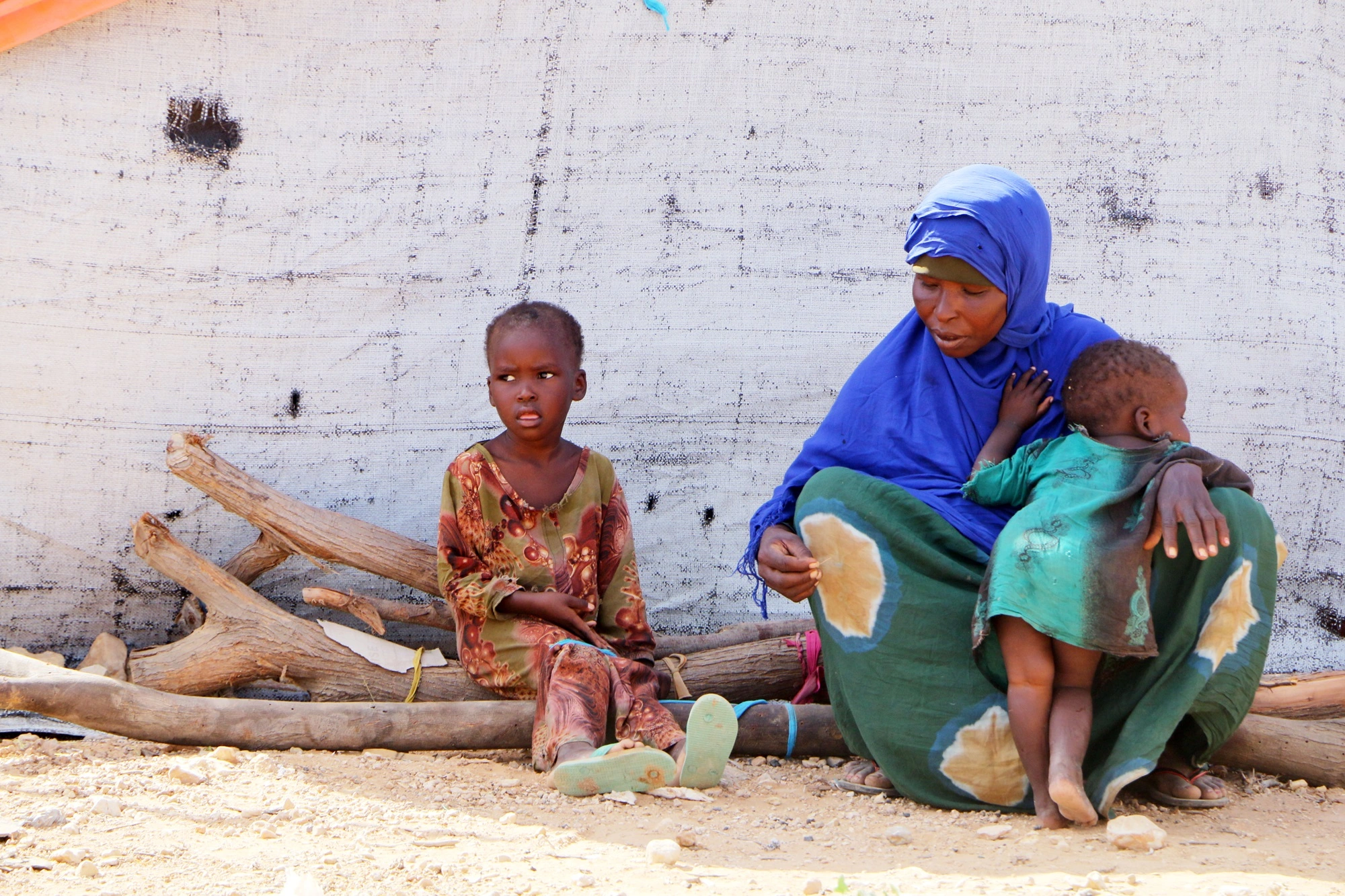Access to clean water, sanitation, and hygiene (WASH) is not just a basic human right; it’s also a fundamental building block for sustainable development. Yet, millions of people in underserved communities and low-resourced contexts around the world lack adequate WASH facilities. In this article, we delve into the critical role that WASH projects play in fostering sustainable development in these vulnerable populations.
The Importance of WASH Projects:
- Health and Well-being: WASH projects improve community health by providing access to clean drinking water and proper sanitation facilities. This reduces the spread of water-borne diseases, such as diarrhea and cholera, leading to improved overall well-being and reduced healthcare costs.
- Education: Inadequate WASH facilities in schools can hinder students’ education. By implementing WASH projects in schools, children have access to clean water, sanitation facilities, and hygiene education, creating a conducive learning environment and reducing absence due to preventable illnesses.
- Gender Equality: Women and girls often bear the burden of collecting water in communities without access to clean water sources. WASH projects that bring water closer to homes alleviate this burden, allowing women and girls to pursue education and economic opportunities, thus promoting gender equality.
- Economic Development: Access to clean water and improved sanitation leads to increased productivity and economic growth. Communities with reliable WASH infrastructure are better equipped to attract investment, create jobs, and improve livelihoods, ultimately contributing to sustainable development.
Challenges and Solutions:
- Funding: One of the main challenges in implementing WASH projects is securing adequate funding. Public-private partnerships, donor support, and innovative financing mechanisms can help bridge this gap and ensure the sustainability of WASH initiatives.
- Behavior Change: Changing hygiene behaviors within communities requires effective communication and community engagement. WASH projects should incorporate behavior change communication strategies to promote sustainable hygiene practices and ensure long-term impact.
- Infrastructure Maintenance: Proper maintenance of WASH infrastructure is essential for sustainability. Capacity-building initiatives that train local community members in maintenance and repair can help ensure the longevity of WASH facilities.
Case Studies:
1. Community-Led Total Sanitation (CLTS) programs in rural villages have proven successful in promoting sanitation and hygiene practices, leading to improved health outcomes and sustainable development.
2. The implementation of water filtration systems in urban slums has provided residents with access to clean drinking water, reducing waterborne diseases and improving quality of life.
Conclusion:
WASH projects play a crucial role in fostering sustainable development in underserved communities and low-resourced contexts. By addressing the basic human need for clean water, sanitation, and hygiene, these initiatives not only improve health outcomes but also promote education, gender equality, and economic development. Moving forward, continued investment and collaboration are essential to ensure that WASH remains at the forefront of sustainable development efforts worldwide.





